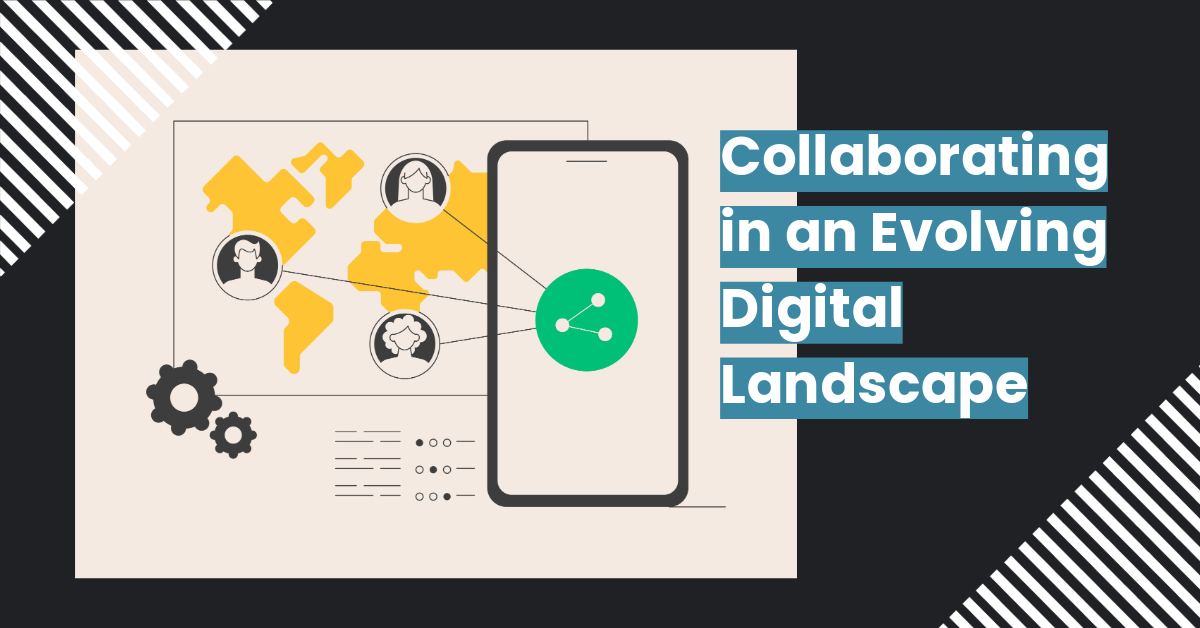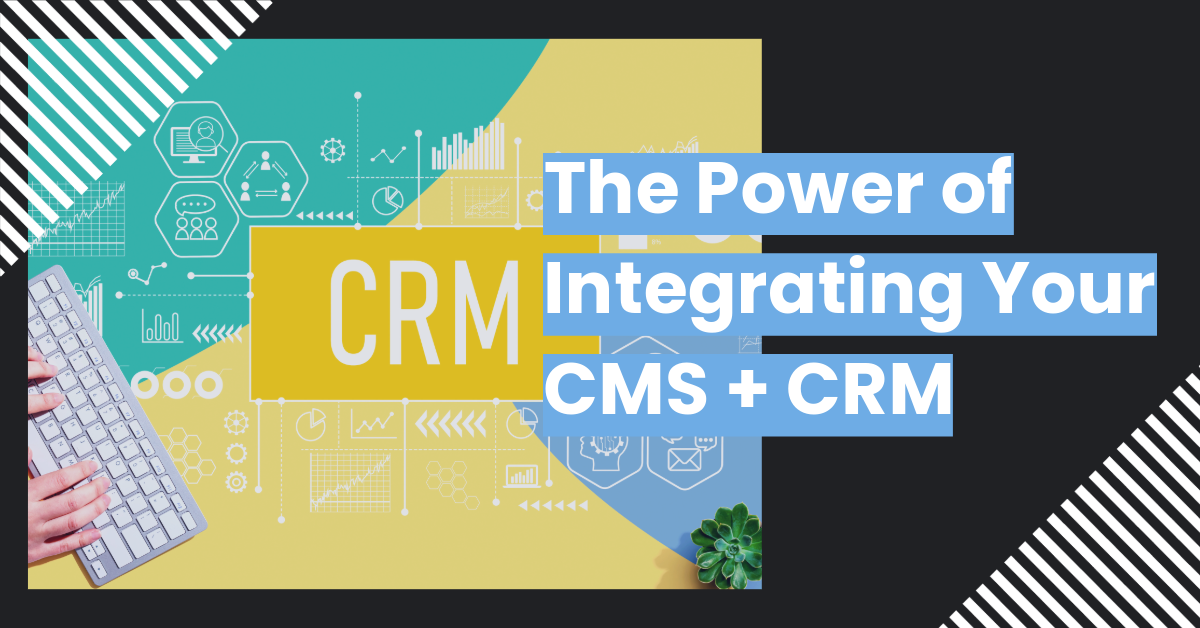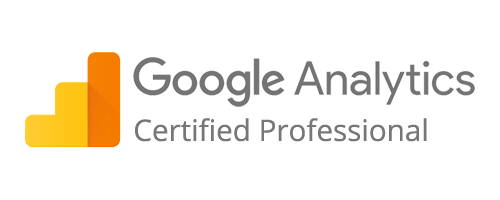Choosing the Right CRM: 10 Factors to Consider
10 Questions to Ask When Selecting a CRM for Your Business

In today's digitally-driven landscape, customer relationship management (CRM) has become an indispensable tool for any business hoping to compete. CRM software not only helps streamline and optimize customer interaction, but it also enhances sales, marketing, and overall operations.
That said, the sheer number of CRM options available can make selecting the right one a daunting task. If you're looking to make an informed decision on the CRM system that's right for your business, here are 10 questions you'll want to consider.
1. What are your objectives?
Before you dive into the sea of CRM options, you need to have a firm handle on your objectives and know what you expect to achieve. Are you looking to improve customer engagement, boost sales, enhance marketing efforts, or streamline customer support? Clearly outlining your goals will guide your CRM selection process and ensure that the software you choose aligns with your business needs.
2. Will the CRM scale with your business?
As your business grows, so will your customer base and operational demands. That's why it's important to consider the scalability of the CRM you choose. Can it accommodate your growing needs without major disruptions or the need for frequent software migrations? CRM software that can scale with your business ensures a longer-lasting solution and saves you from potential headaches down the road.
3. Is the interface user-friendly?
The effectiveness of a CRM system relies on its usability. A user-friendly interface is crucial to encourage adoption among your team members. Look for a CRM that offers an intuitive layout, easy navigation, and a minimal learning curve. A well-designed CRM can boost productivity by reducing the time spent on training and familiarization.
4. Can the CRM be easily integrated into your current system?
Unless your business is brand new, odds are you already rely on a suite of software applications for various functions, such as marketing automation, email, e-commerce, etc. The ideal CRM should seamlessly integrate with your existing tools to create a unified ecosystem. Proper integration will streamline data flow, minimize data entry duplication, and provide a comprehensive view of customer interactions.
5. Can the CRM be easily customized?
Every business is unique and your CRM should reflect that. Look for a system that offers customization options to tailor the software to your specific processes, workflows, and terminology. Your CRM should align with your business practices, rather than forcing you to accommodate it.
6. Does the CRM offer mobile accessibility?
As remote work and on-the-go operations become more common, mobile accessibility is a key consideration. A CRM that offers a mobile app or a responsive web interface will let your team access crucial customer information and manage tasks from anywhere, which will only enhance your flexibility and productivity.
7. Does the CRM provide analytics and reporting?
Data-driven insights are invaluable for making informed business decisions. A robust CRM should provide advanced analytics and reporting capabilities to help you track sales performance, marketing campaigns, customer behavior, and more. These insights will empower you to refine your strategies and optimize your processes for better outcomes.
8. Does the CRM offer data security and compliance?
Customer data security and compliance with regulations (such as GDPR, CCPA, etc.) should be non-negotiable factors. Make sure that the CRM software you choose prioritizes data encryption, access controls, and compliance features. Protecting your customers' sensitive information is not only ethical, but also legally required.
9. Does the CRM vendor offer support and training?
Even the most intuitive software can occasionally lead to questions or issues. A CRM vendor that offers comprehensive customer support, training resources, and a responsive help center can significantly ease the integration process and ongoing use of the system.
10. What are your budget considerations?
Last but not least, consider your budget. While investing in a quality CRM can yield substantial returns, it's essential to find a solution that fits within your financial constraints. Remember that the true value of a CRM lies not only in its cost but in how effectively it helps you achieve your business objectives.
TLDR
Choosing the right CRM for your business requires careful consideration of your goals, scalability needs, user experience, integrations, customization options, mobile accessibility, analytics, data security, support, and budget. By thoroughly evaluating these factors, you'll be well-equipped to select a CRM system that's ideal for fostering customer relationships, streamlining operations, and driving business growth.
NUANCE offers a wide variety of digital services, including turnkey marketing strategy, branding, web design, and SEO/content. Visit the NUANCE Collaborative website today and find out what we can do for *your* business.















